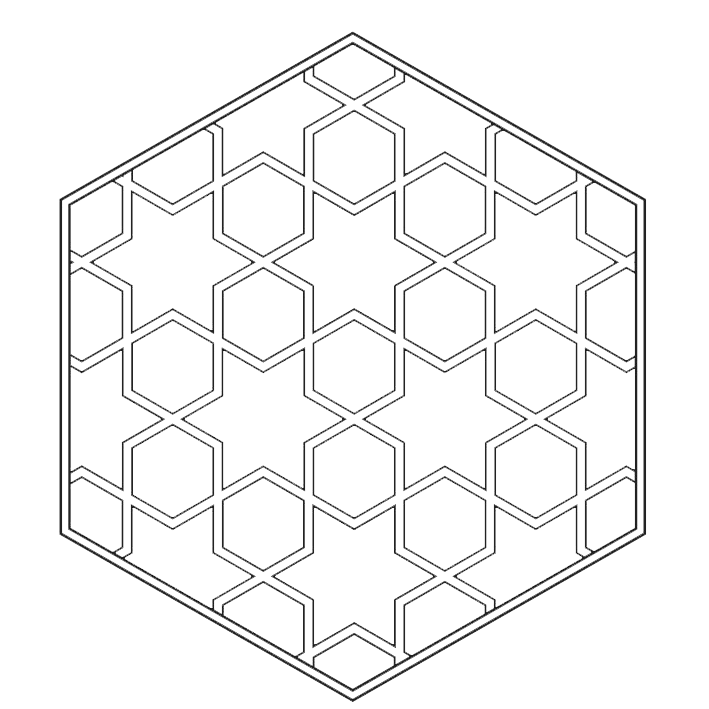Mr Abdel Latif El Menawy, CEO of one of the most read newspapers in Egypt, unfortunately had to cancel his session with the 2017 Gabr Fellows due to last-minute business travel plans, but he made sure that his support for the Shafik Gabr Foundation and its East-West: the Art of Dialogue Initiative is publicly known. The following article was published on 28th September in Al Masry Al Youm:
A Serious Attempt to Address the lost “Art of Dialogue” Between the East and the West
Building bridges of communication and dialogue between the East and the West remains one of the most pressing human challenges. Numerous times in history, one side tried to dominate the other. However, certain individuals also tried to practice globalization even before the invention of the term. The Orientalists were the “first globalists” and the real bridges of understanding.
Before I proceed, I restore the rights of the term “First Globalists” to its owner, Shafik Gabr, a well-known businessman, who not only followed the work of the Orientalists and collected them but also tried to follow their own path. Hence his important and interesting adventure, which, despite its importance, unfortunately did not receive sufficient official Egyptian attention.
The East-West: Art of Dialogue Initiative may not be all that is required to build the dialogue between the East and the West, but it is a courageous step in starting and developing this dialogue.
This Initiative was inspired by the Orientalist painters to whom Shafik Gabr was attracted, and the Initiative came in response to the growing awareness of the great importance of strengthening East-West relations and focusing on building bridges of understanding and cooperation.
I like the name of the Initiative East and West: the Art of Dialogue. Indeed, what we lack is not only the dialogue, but basically the absence of “art” in managing this dialogue as well.
The East-West: Art of Dialogue aims at rebuilding bridges between East and West through a continuous exchange program that targets linking and building constructive relationships between future leaders from the Arab world and the West. The Initiative’s program - known as the Gabr Fellowship - aims to build stronger US-Egypt relations through intercultural dialogue and collaborative project development, which is the result of shared visions of young people involved in the Initiative.
Each year, the Initiative consists of 20-24 participants of which 10 Americans and 10 Egyptians, with equal distribution of men and women. Participants spend one week in Egypt, followed by one more week in the United States, and continue to build lasting relationships through hands-on activities, participation in discussions, web-based interaction and, most importantly, their collaborative work projects.
When Shafik Gabr launched his initiative about five years ago in Washington, DC, I was there, in the famous Metropolitan Museum on a spectacular Egyptian night, and with high-level Americans in attendance, and great cultural and diplomatic presence. The idea was very positive and well-received. Gabr's enthusiasm for the Initiative did not stop since he started, but he treated it all the time as a major priority among his work, his connections, and even given his challenges.
It was thoroughly deserving and not surprising that Shafik Gabr was honored last month by the London Center for Policy Research, a well -known think tank on foreign policy and US national security. The London Center has over the past five years recognized contributors who promote understanding and Shafik Gabr received the prestigious American Liberty Award (for the first time granted to a non-American) for his efforts to build bridges on the basis of mutual benefit with countries of critical importance to the United States.
Circumstances prevented me from participating in this important initiative twice, and I am saddened by that, but I intend not to miss this opportunity again.
